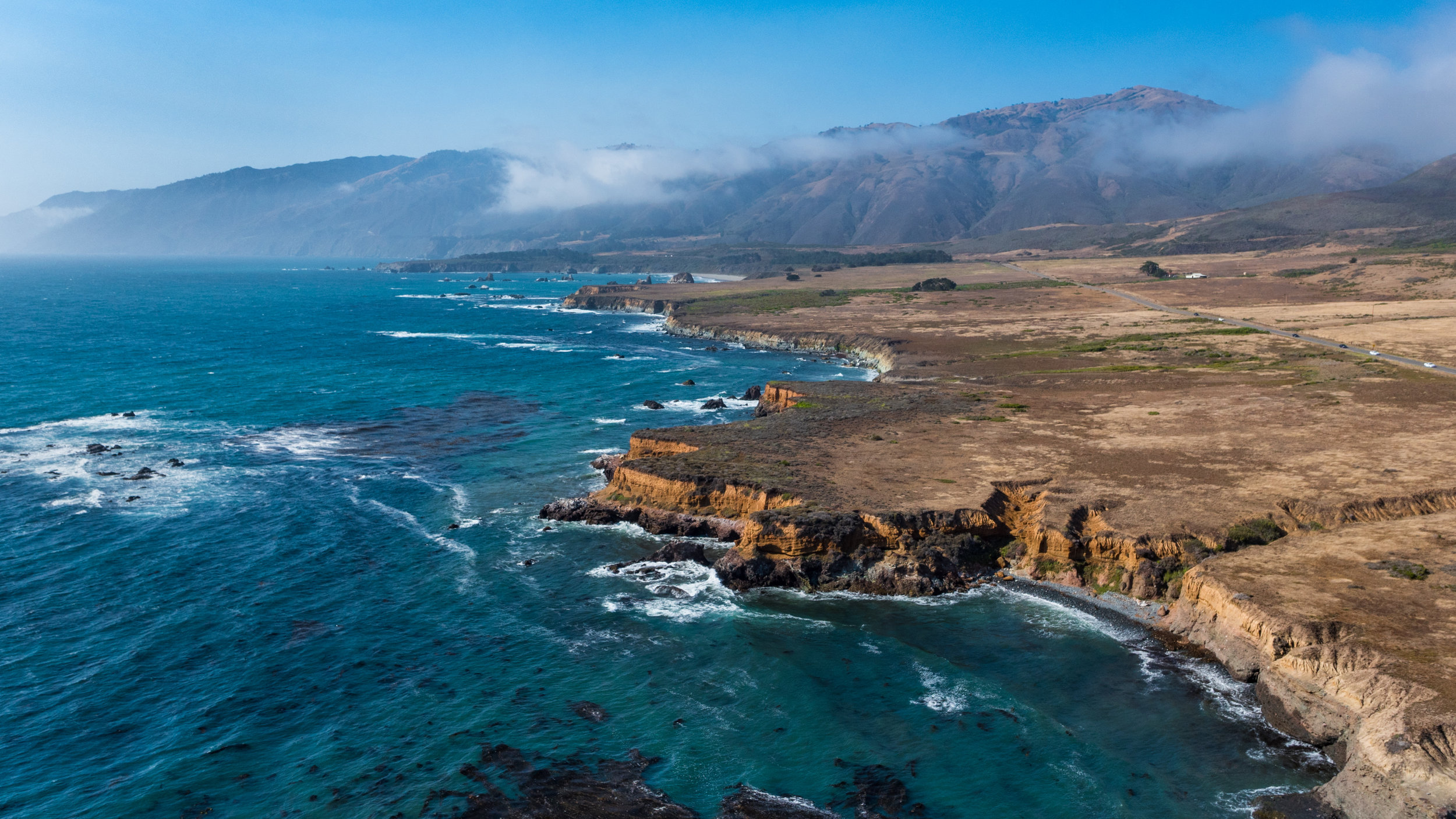Christ the Tempted Adam
The temptation of Jesus is a familiar story to most. The image of the Devil twisting Scripture is common and oft applied to any quoting of Scripture that we deem heretical or demonic. But in Mark there is no Scripture twisting nor is there a mention of fasting.
Immediately the Spirit impelled Him to go out into the wilderness. And He was in the wilderness forty days being tempted by Satan; and He was with the wild beasts, and the angels were ministering to Him. - Mark 1:12-13
Mark uses exaggerated verbs and descriptions throughout his gospel. There is an added forcefulness and abruptness in ever transition and event. The Holy Spirit "impelled" or forced Christ into the wilderness after His baptism. This does not mean that Christ went against His will, but instead that it was absolutely necessary Christ go.
In the word "wilderness" there are echoes of Christ being a new wandering Israel or even a new Elijah/Elisha. In the "forty days" there are echoes of the fullness (e.g. Noah's flood, wilderness, Goliath's taunts, etc.). Once again, that Mark moves quickly through this section brings our attention to what he adds. In Christ's temptation, there are "wild beasts."
The first Adam's garden was peaceful. The second Adam inherits a wilderness full of danger. The renewed Adamic reign comes in the spirit of David (1 Samuel 17:34-37). In contrast to popular images of a temperate Jesus cuddling with children and lambs, Mark's temptation story depicts a rough Jesus—an Adam ready to pull the weeds in the overgrown garden.




